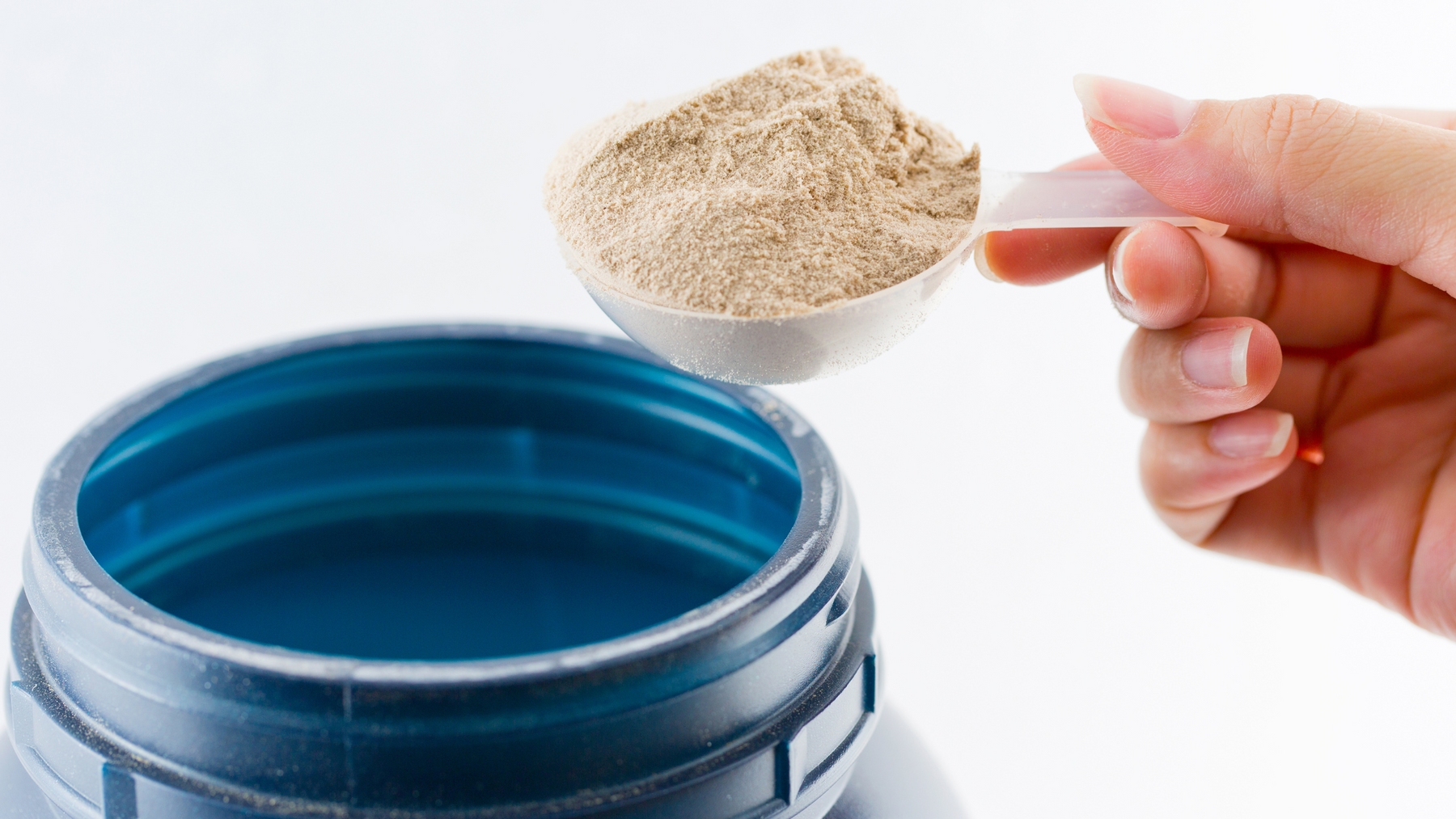
Why Athletes Rely on Whey Protein for Peak Performance
Understanding Whey Protein: What Is It?
Whey protein is a high-quality protein derived from milk during the cheese-making process. It contains all nine essential amino acids, making it a complete protein. Athletes prefer whey protein because it is quickly absorbed by the body, promoting rapid muscle recovery and growth.
Types of Whey Protein and Their Benefits
There are three primary types of whey protein:
-
Whey Protein Concentrate (WPC): Contains 70-80% protein, with some fats and lactose, offering a balanced nutrient profile.
-
Whey Protein Isolate (WPI): Contains over 90% protein with minimal fats and lactose, ideal for those aiming to reduce calorie intake.
-
Whey Protein Hydrolysate (WPH): Pre-digested for faster absorption, making it suitable for post-workout recovery.
Whey Protein and Muscle Growth
Whey protein plays a crucial role in muscle protein synthesis, the process responsible for muscle repair and hypertrophy. The high leucine content in whey protein triggers muscle growth, making it an essential component of an athlete’s diet.
Enhancing Athletic Recovery with Whey Protein
Athletes experience muscle breakdown during intense workouts. Whey protein aids in:
-
Reducing muscle soreness
-
Enhancing glycogen replenishment
-
Speeding up muscle tissue repair Consuming whey protein post-workout ensures muscles recover faster and are ready for the next training session.
Whey Protein for Strength and Endurance Athletes
Different types of athletes benefit uniquely from whey protein:
-
Strength athletes (bodybuilders, weightlifters): Need whey protein to support muscle mass and strength development.
-
Endurance athletes (runners, cyclists): Use whey protein to prevent muscle breakdown and support recovery.
The Role of Whey Protein in Fat Loss and Lean Muscle Maintenance
Whey protein contributes to fat loss by:
-
Increasing satiety, reducing calorie intake
-
Enhancing metabolic rate
-
Promoting lean muscle retention during weight loss phases Studies show that whey protein supplementation can help athletes achieve a leaner physique while maintaining muscle strength.
Whey Protein vs. Other Protein Sources
While several protein sources are available, whey protein stands out due to its:
-
High biological value (BV)
-
Faster absorption rate
-
Rich amino acid profile Compared to plant-based proteins and casein, whey protein is more efficient for muscle building and recovery.
Best Practices for Consuming Whey Protein
To maximise whey protein benefits, athletes should consider:
-
Timing: Best consumed post-workout or as a meal replacement.
-
Dosage: 20-30g per serving, depending on individual needs.
-
Consumption methods: Mixed with water, milk, smoothies, or added to meals.
Whey Protein for Vegan and Lactose-Intolerant Athletes
Athletes who are lactose intolerant or follow a plant-based diet can opt for:
-
Lactose-free whey protein isolates
-
Plant-based alternatives such as pea, soy, or rice protein
Addressing Myths and Misconceptions About Whey Protein
Several myths surround whey protein, including:
-
"Whey protein is only for bodybuilders." In reality, all athletes can benefit from it.
-
"Too much protein harms the kidneys." Research shows that whey protein is safe for healthy individuals when consumed in moderation.
-
"Whey protein causes weight gain." It supports lean muscle growth and fat loss when combined with exercise.
How to Choose a High-Quality Whey Protein
When selecting a whey protein supplement, consider:
-
Protein content per serving
-
Ingredient list (avoid unnecessary additives)
-
Third-party testing for purity
-
Brand reputation and reviews
Potential Side Effects and How to Avoid Them
Some individuals may experience:
-
Digestive discomfort (common with whey concentrate due to lactose)
-
Allergic reactions (for those allergic to dairy)
-
Overconsumption risks (excessive protein intake may lead to imbalances) To avoid side effects, opt for high-quality whey protein and consume appropriate amounts.
FAQs About Whey Protein and Athletic Performance
1. How much whey protein should an athlete take daily?
It depends on training intensity, but typically 1.2-2.0g of protein per kg of body weight is recommended.
2. Can whey protein replace meals?
While it can supplement meals, whole foods should remain the primary source of nutrients.
3. Is whey protein suitable for women?
Yes, women can benefit from whey protein for muscle tone, recovery, and overall health.
4. What is the best time to take whey protein?
Post-workout is ideal, but it can also be taken in the morning or as a snack.
5. Can whey protein help with endurance sports performance?
Yes, it aids muscle recovery and prevents muscle breakdown, crucial for endurance athletes.
6. Does whey protein cause bloating?
Some individuals may experience bloating, especially with whey concentrate. Choosing isolate or hydrolysate can reduce this effect.
Conclusion: Why Whey Protein is a Game-Changer for Athletes
Whey protein is a vital component of an athlete’s diet, supporting muscle growth, recovery, and overall performance. Its rapid absorption, complete amino acid profile, and proven effectiveness make it an indispensable supplement for athletes at all levels.
The Best Whey Protein Products
Naughty Boy® Advanced Whey 2010g
Shop the full range of Whey Protein products here.



